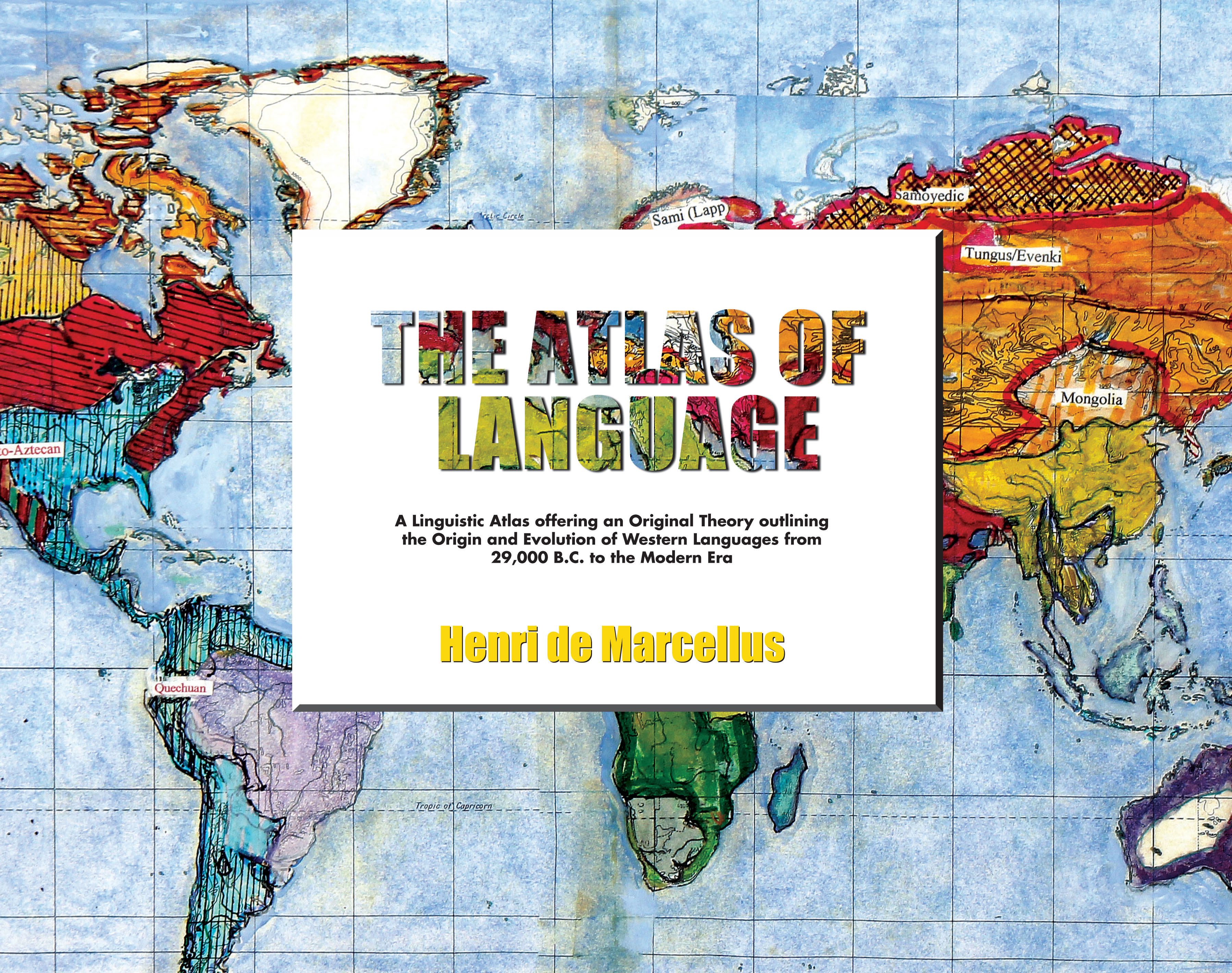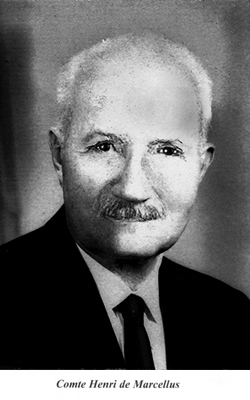
Review:
"I send you my sincerest thanks for The Atlas of Language, which has immediately occupied an honoured place in our library beside The Atlas of Man among our special research texts."
- Andre Delpuech, Director, Museum of Mankind, Palais de Chaillot, Paris - (Read original letter)
- Alberto Vollmer, President, The Vollmer Foundation, Venezuela and Paris
As a philosopher, I have studied and taught the great ideas of Western civilization as they have been communicated to us over the past two and a half millenia via language. There is no other way. The great philosopher of language Ludwig Wittgenstein put it succinctly: “The limits of my language mean the limits of my world; whereof one cannot speak, thereof one must be silent.” I am fascinated by The Atlas of Language, which provides welcome context to the long evolution and eventual flowering of language in relatively modern times.
-Yaroslav Senyshyn, Professor of Philosophy, Simon Fraser University, Vancouver
Book Description:
Following the success and recognition of the contribution to the study of anthropology of The Atlas of Man, Juliette de Marcellus has edited and published a second study by her father, Count Henri de Marcellus, a corollary to The Atlas of Man – The Atlas of Language. This important study presents a new and radical theory as to the origin of Western languages, confronting this controversial subject with a new perspective.
Henri de Marcellus was a lifelong scholar of the first rank in the fields of anthropology and human development in the context of geological and climatological development. He was in touch throughout his career with many of the world authorities in these fields.
Like The Atlas of Man, The Atlas of Language is designed as a cartology with general maps delineating areas of language, and marginal maps of geographical regions mentioned in the text. While its later chapters detail the divisions and developments of Western languages as we know them, the opening chapters outline the author’s theory of their origins and early divisions. The Atlas of Language traces its thesis from 28,000 B.C., the onset of the last glacial period, through the development of writing, to the modern era. It is written as an anthropological work, with language considered as part of man’s natural history.
As this Atlas offers a fresh view of the origin of Western language it constitutes a point of departure for further study by both philologists and anthropologists, as well as the general reader, and fills an important place among research materials. Musee de l'homme Language Atlas - (Read full testimonial letter)




